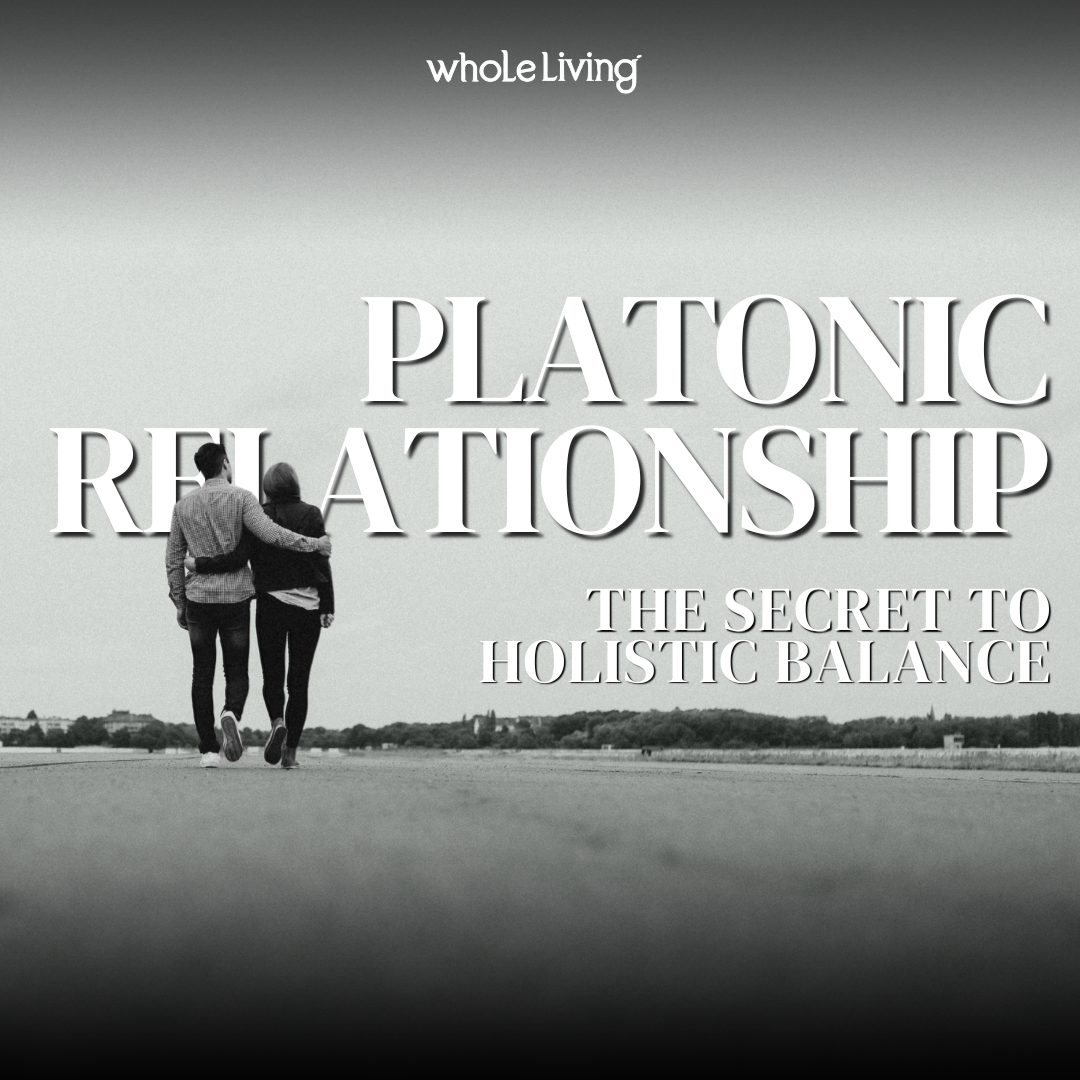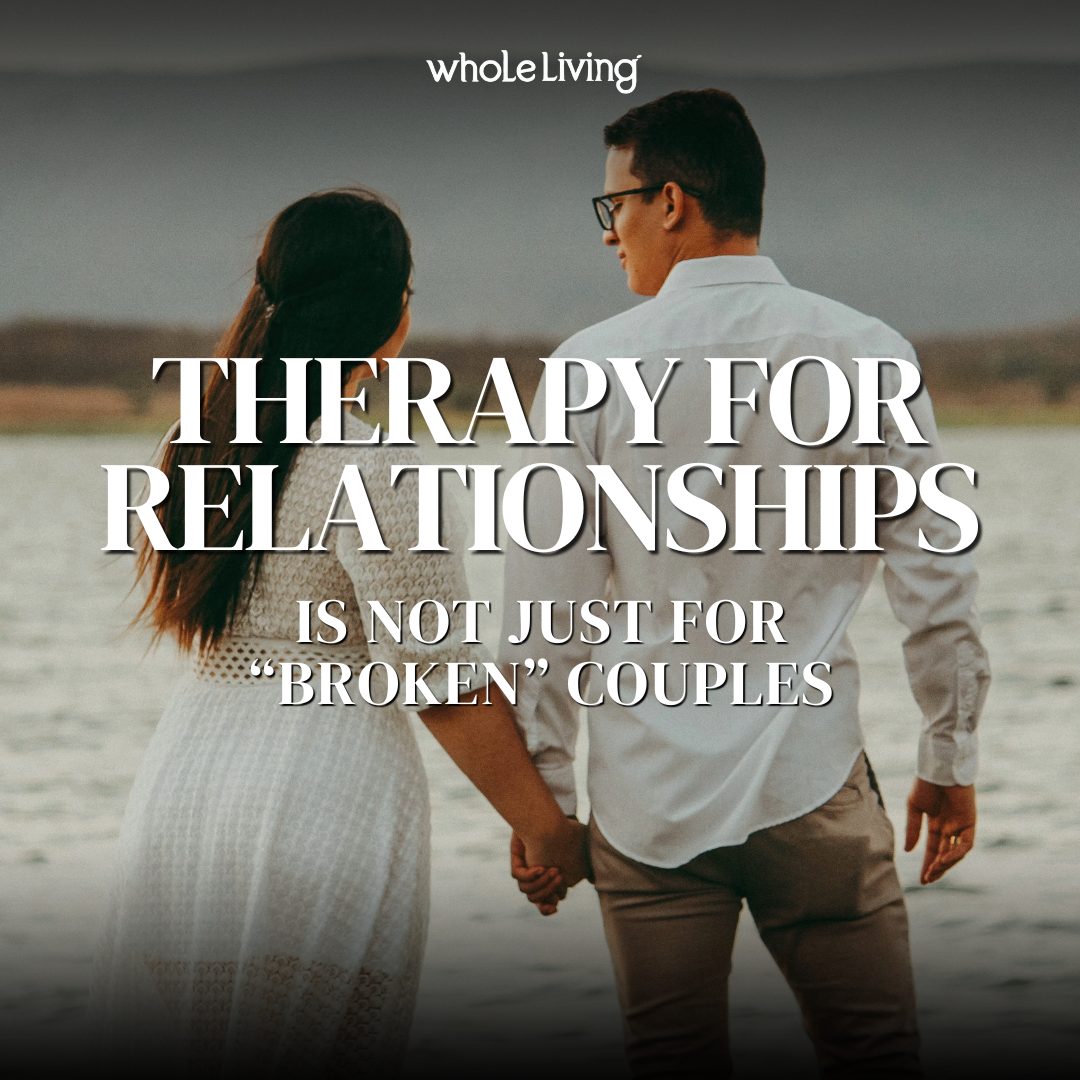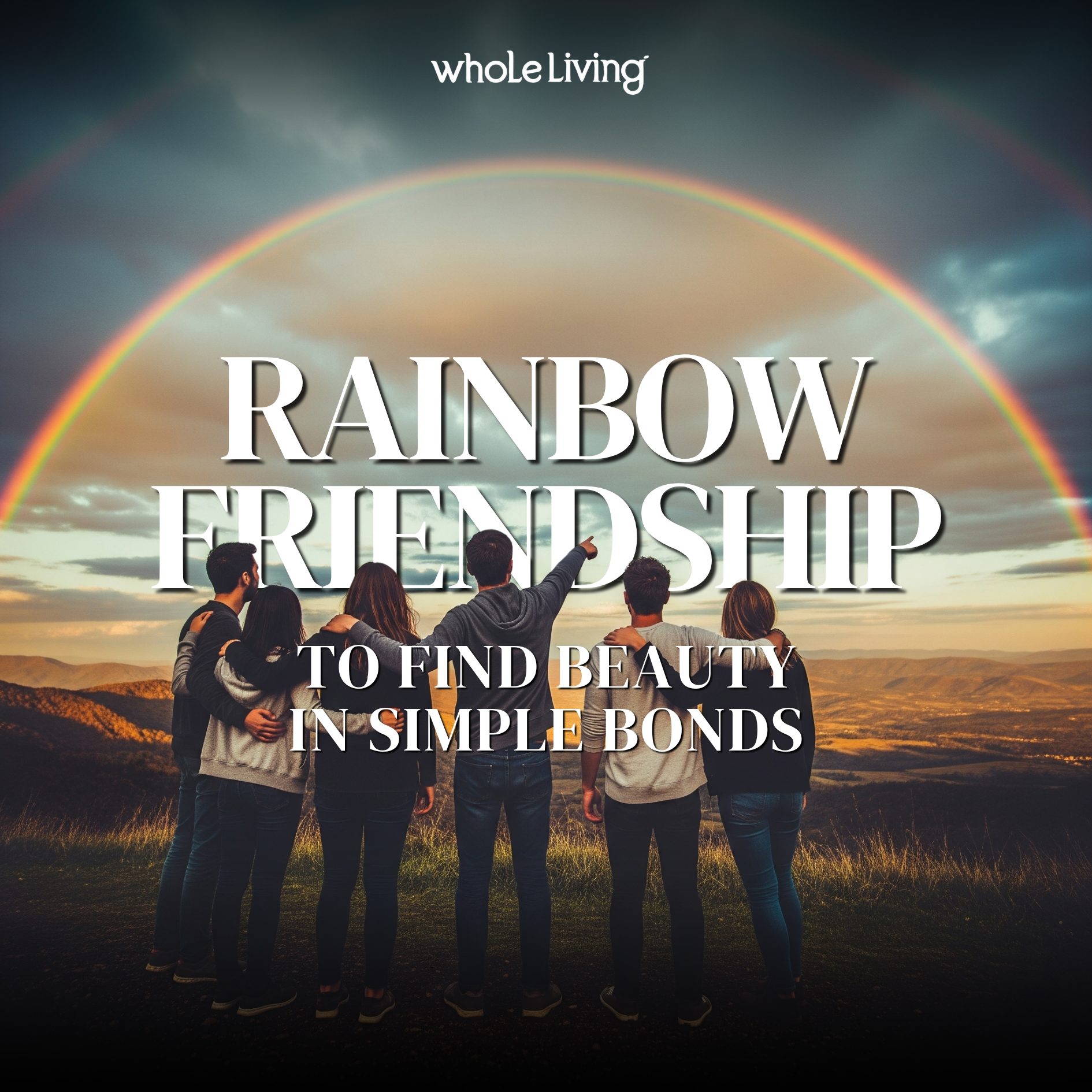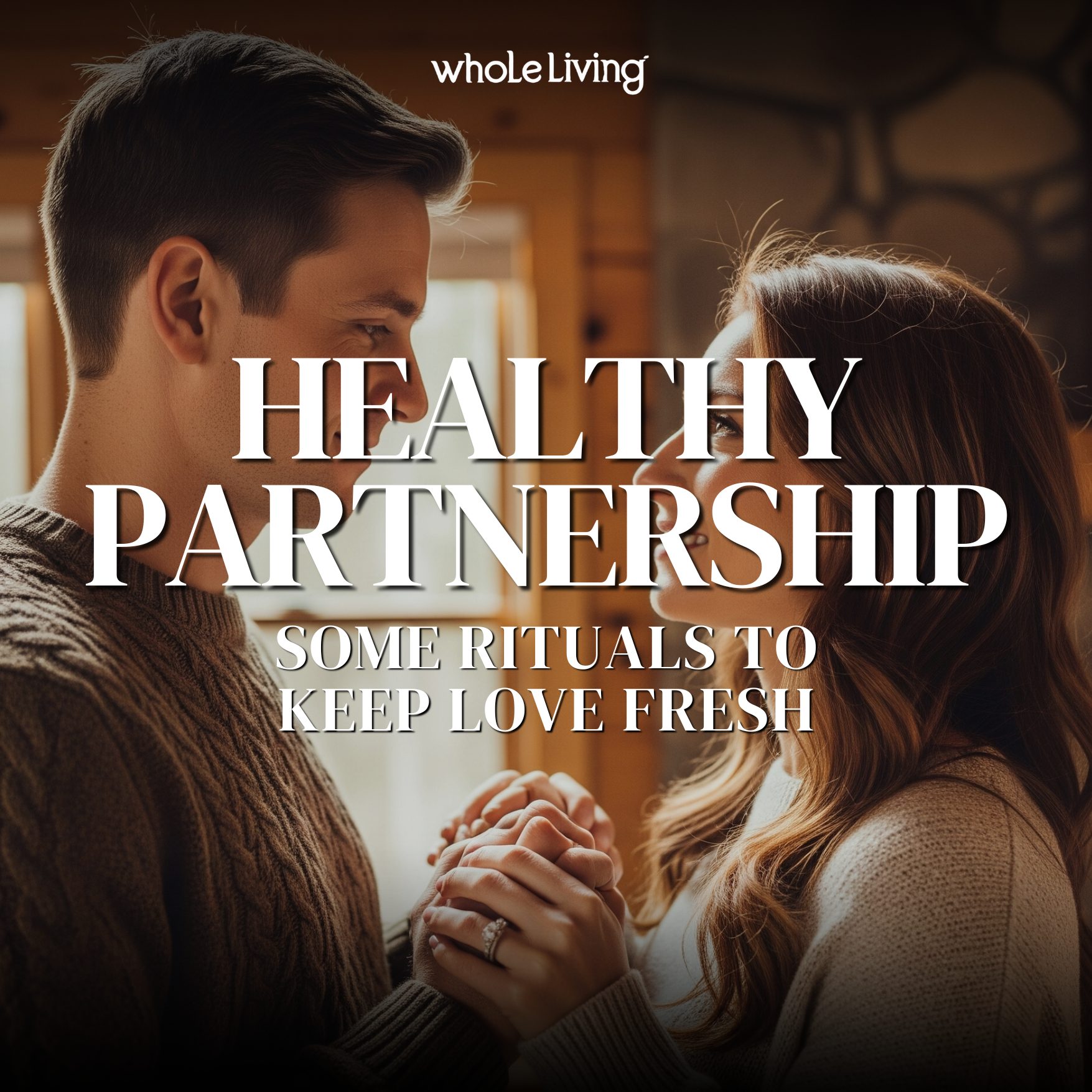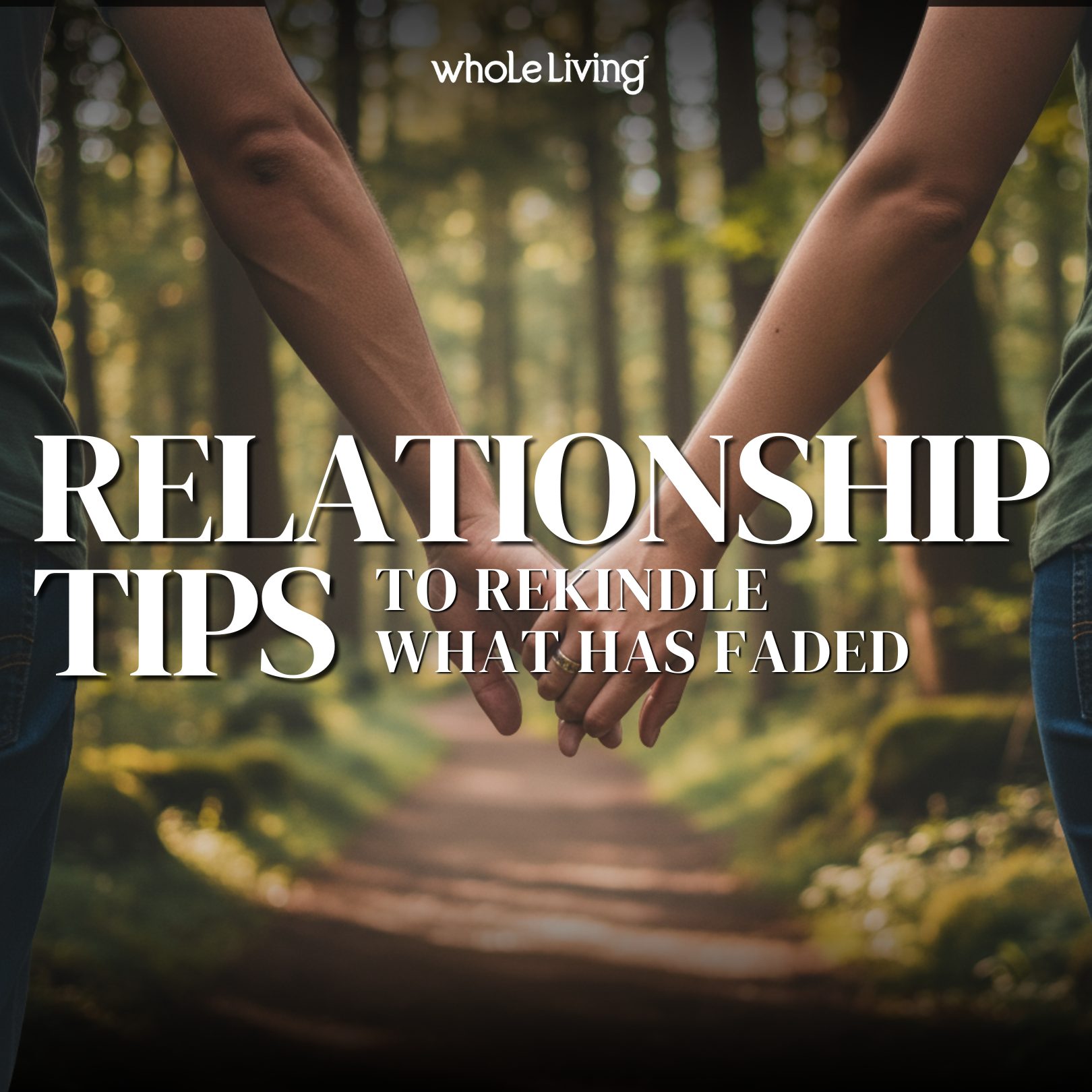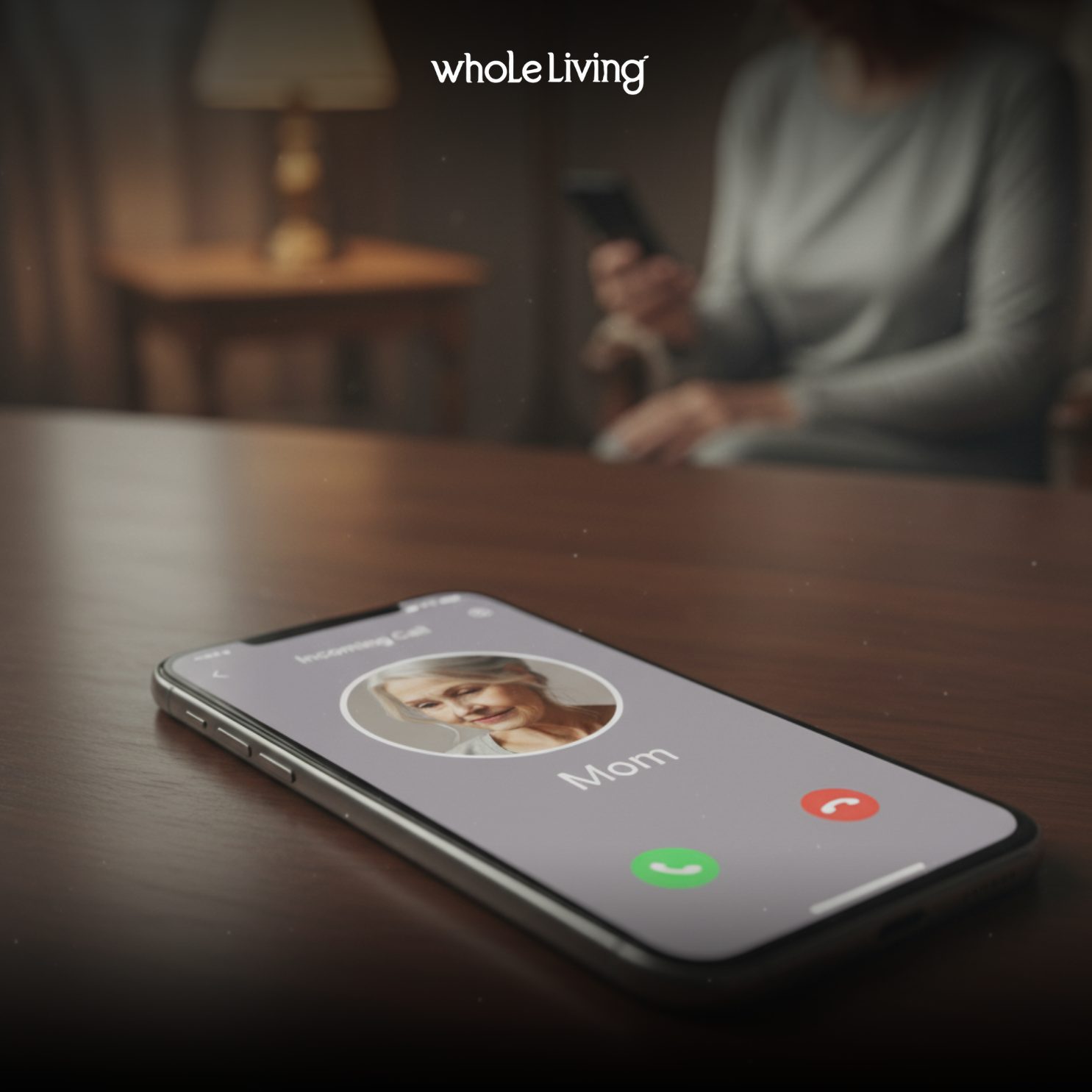In This Article
You might think you're in love, and in many ways, it feels that way. Your heart races when they text you back, and your thoughts circle around your partner all day long. But what if those thoughts don’t calm down? What if the love you feel seems to control your choices, your peace, and even your sense of self? This might not just be love. It could be something deeper called obsessive relationship disorder.
At first glance, obsessive relationship disorder can feel like passion. It seems like deep devotion or intense connection. But over time, the constant worry, fear of loss, and obsessive thoughts may lead to significant distress. You might find yourself needing constant reassurance or questioning your partner’s feelings over and over. Love should feel safe and steady, not filled with fear and doubt.
This kind of experience isn't about weakness. It can be connected to conditions like obsessive compulsive disorder and even attachment disorders. These patterns often hide in romantic relationships, making it hard to see the difference between healthy love and unhealthy fixation. But you are not alone, and you are not broken. Understanding what’s really going on is the first step toward healing.
What Is Obsessive Relationship Disorder, Really?

Obsessive relationship disorder isn't a formal diagnosis listed in the diagnostic and statistical manual, but it's a term often used to describe overwhelming and persistent thoughts about a romantic partner. These thoughts can feel uncontrollable and often lead to compulsive behaviors that interfere with daily life. People who experience this may check their partner's social media often, overanalyze texts, or struggle with their partner’s perceived flaws. This isn't about love, but about losing your own peace of mind.
Often, obsessive love disorder is fueled by low self esteem and an intense fear of abandonment. The person may feel unable to function without constant contact or reassurance from their partner. They might neglect their own feelings and focus entirely on their partner's happiness or approval. In these moments, the relationship stops being a shared connection and becomes an emotional survival tool. And that can be exhausting.
These patterns can also appear in parent child relationships or close interpersonal relationships beyond romantic ones. The common thread is a deep fear of being alone or unloved. This fear drives the person to try and control the connection in ways that often feel desperate. Recognizing these patterns allows us to pause, breathe, and begin the work of restoring balance. It's not about blame; it's about learning a new way to relate.
The Overlap with OCD and ROCD

Obsessive compulsive disorder often includes repetitive thoughts and behaviors that bring short-term relief but long-term anxiety. When these patterns focus on love, it’s called relationship obsessive compulsive disorder, or ROCD. This form of OCD creates doubts and fears specifically about your romantic relationships. You might constantly wonder if you're with the right person, or fixate on your partner's perceived flaws.
Relationship centered obsessions, a part of ROCD symptoms, can feel incredibly real and convincing. You might ask yourself if you truly love your partner, or if they truly love you. These intrusive thoughts can trigger compulsive behaviors aimed at calming your anxiety, like asking for reassurance, checking messages, or comparing your relationship to others. But these habits often make the anxiety worse, not better.
What makes obsessive compulsive disorder so painful is that it can twist your view of love. Something that should feel warm and supportive begins to feel like pressure or panic. It affects your ability to enjoy emotional closeness and can cause intense preoccupation with your relationship partner. And it’s not about choice or weakness. It’s about a mental health condition that needs compassion and understanding.
Mental health professionals can help you navigate this. By identifying obsessive compulsive cognitions and ocd related beliefs, they guide you toward peace and clarity. It's not about fixing your partner, but healing your inner world. And that’s where lasting love truly begins.
READ ALSO: The Love Experiment: One Question That Changes Everything – Whole Living Balance
10 Signs You Might Be Experiencing Obsessive Love Disorder
These are not just signs of being deeply in love. They may be symptoms of obsessive relationship disorder, and they can create severe personal challenges if left unaddressed. Many of these signs also overlap with other forms of obsessive compulsive disorder, especially when compulsive behaviors start interfering with your daily life. The important thing to remember is that these patterns are not your fault. Here are signs you might be experiencing it:
- You constantly fear your partner will leave, even without any clear reason.
- You think about your romantic partner obsessively, struggling to focus on anything else.
- You need constant reassurance about their love and loyalty to feel okay.
- You overanalyze every message, word, or glance they give you.
- Your emotions swing wildly based on how much attention your partner gives you.
- You fixate on your partner's perceived flaws and can't seem to let them go.
- You feel intense jealousy even when there’s no real threat to your relationship.
- You become upset or panicked when you're apart from them.
- You often ignore your own needs just to keep the relationship going.
- You've lost touch with who you are outside of the relationship.
Partner focused symptoms like these are often rooted in early experiences or beliefs that you need someone else to feel complete. But your worth isn’t defined by another person’s attention. Healing begins when you start to notice these signs with curiosity, not shame. And slowly, you can learn to love without losing yourself.
What Causes This Kind of Obsession in Relationships?

Several things can lead to obsessive relationship disorder, and many of them start early in life. For some people, insecure attachment styles create a deep fear of abandonment or rejection. These feelings often carry into adulthood and shape how we approach romantic relationships. If you grew up feeling unsafe or unloved, you may try to hold on tightly in adult relationships, even when it hurts.
Mental health conditions like borderline personality disorder or obsessive compulsive disorder can also play a role. These disorders may amplify obsessive thoughts and compulsive behaviors, especially in close interpersonal relationships. You might find yourself driven by the fear that something is wrong with you or your partner. These thoughts can feel so real that they become hard to challenge without help.
Maladaptive beliefs around love are another key factor. You may believe that your partner must make you feel whole, or that real love means constant closeness. Such beliefs set the stage for disappointment and distress. They push you to seek security through control, rather than connection.
When we combine early attachment wounds with mental health challenges and unhealthy beliefs, we get what some call the double relationship vulnerability hypothesis. This idea helps explain why some people struggle more deeply in relationships. The good news is that these patterns can change with support, awareness, and intention. And that change can lead to deeper, healthier love.
READ ALSO: Healthy Partnership Rituals To Keep Love Fresh
How OCD Can Shape Your View of Love

When you experience relationship-centered OCD symptoms, love can feel more like a question than a comfort. You might constantly wonder if your partner is “the one” or worry that something is missing. These thoughts don’t go away easily and can lead to endless checking or analyzing. What should feel like warmth and connection turns into pressure and confusion. It becomes hard to just enjoy being with the person you care about.
Partner focused symptoms often show up as obsessive thoughts about your partner's looks, behavior, or personality. You may fixate on small details, convinced that these perceived flaws mean the relationship is doomed. These thoughts aren't just frustrating. They can take over your day, clouding your judgment and draining your joy. Over time, they distort intimacy and make you feel disconnected, even when you’re physically close.
Obsessive relationship disorder symptoms often overlap with partner focused obsessions. These include fears about your own feelings, doubts about your partner's love, or worries that your connection isn’t “perfect.” The need for clarity can become a cycle of reassurance-seeking and anxiety. Love becomes less about connection and more about certainty, which is impossible to guarantee.
OCD related maladaptive beliefs tell you that love must feel a certain way to be real. You may believe you need to feel butterflies every day, or never have doubts. These beliefs put intense pressure on your relationship and often lead to disappointment. But love isn't about perfection. It's about showing up with care, honesty, and presence.
The Painful Effects on Romantic and Interpersonal Relationships

Obsessive thoughts and compulsive behaviors can quietly chip away at your sexual satisfaction and emotional stability. When your mind is filled with doubt and fear, it's hard to be present in intimate moments. You may feel disconnected, even during closeness, because your thoughts are racing with uncertainty. This can make both partners feel unfulfilled or misunderstood. Over time, it puts a heavy strain on your romantic relationships.
Obsessive relationship disorder often causes disruptions in sexual functioning and other forms of closeness. It can create distance between partners, even when love is still present. You may begin to avoid intimacy out of fear or guilt. Or you might use it to seek reassurance, which can become emotionally exhausting. These patterns can also affect your interpersonal relationships outside of romance.
When love becomes fear-driven, it can feel like you're trapped in a destructive relationship. You may stay because you’re afraid to be alone, not because the connection is healthy. These experiences can cause significant distress, affecting every part of your person's life. And even if your partner tries to help, they may feel helpless or overwhelmed. Love begins to feel more like survival than joy.
It can also become hard to tell the difference between your own feelings and your partner’s feelings. You might feel responsible for their emotions or expect them to fix yours. These blurred lines can create more anxiety, making it harder to communicate or connect. But recognizing these struggles is a powerful first step. With support, you can find your way back to balance.
The Role of Mental Health Professionals and Treatment
If you find that obsessive compulsive symptoms are taking over your relationships or your peace, it is a clear sign to reach out to a mental health professional. A caring provider will help you understand what you are experiencing and offer clear tools to manage obsessive thoughts and compulsive behaviors. Your well being and your relationships matter, and you deserve support.
Behavior therapy with exposure and response prevention. This approach helps you face fears slowly and stop reacting with compulsive behaviors. Over time you learn to sit with uncertainty without needing constant reassurance. Many people find response prevention gives them real freedom in intimate relationships.
Skills training and emotional practice. Therapy will teach you ways to calm your body, name your feelings, and set kinder boundaries. You will practice new habits that replace checking, replaying conversations, or comparing your relationship to others. The aim is to restore emotional stability and strengthen your sense of self.
Medication when it helps. Some people benefit from OCD treatment that includes selective serotonin reuptake inhibitors to reduce the intensity of obsessive thoughts. They are not a cure on their own but a helpful support for many. Discussing options with a prescriber who listens to you keeps your care safe and tailored.
Build a support team and a gentle plan. Trusted friends, support groups, and a therapist create a safety net as you practice new ways of relating. You will learn to notice when fear, not love, is driving you and then choose differently. Recovery is a steady path of small steps that add up to real change.
Treating obsessive compulsive symptoms and other OCD symptoms holistically means caring for your mind, body, and relationships all at once. Each step you take helps you reclaim clarity, rebuild trust, and move closer to healthier relationships. Your healing should feel guided and steady, not rushed or forced. You are not defined by these thoughts, and you do not have to face them alone. With help and patience, you can find balance again and open to love that feels safe and true.
READ ALSO: Relationship Tips to Rekindle What’s Faded
Breaking the Cycle with Awareness and Support

Awareness is the first light in the dark when dealing with obsessive relationship disorder. When you begin to see your patterns clearly, you gain power over them. You learn that thoughts are not facts, and that you can choose how to respond. This gentle awareness creates space to pause, breathe, and reflect. It opens the door to change.
Healing involves gently rewriting the stories in your mind, especially ocd beliefs that have shaped your view of love. You start to recognize obsessive compulsive cognitions for what they are—mental habits that don’t always tell the truth. With support, you can replace them with thoughts rooted in kindness, courage, and clarity. Over time, these shifts lead to real emotional freedom. And freedom is where love can grow.
Boundaries, community, and self-care are powerful tools on this journey. Boundaries help you honor your own feelings and create emotional safety. Community reminds you that you’re not alone, and that healing is possible. And self-care gives you a daily way to return to your center. These small acts create big change over time.
Instead of chasing reassurance, you begin to build real connection. You turn inward and learn to feel safe in your own presence. Your person's relationship with love softens, becoming less about fear and more about flow. It takes time, but every step counts. And the more you practice, the more your heart can rest.
The Difference Between Love and Obsession

Real love feels like calm water, not a storm. It's steady, supportive, and allows both people to grow. Love doesn’t demand constant proof. It allows for space, freedom, and even occasional doubt without fear. When you're in a healthy connection, your nervous system feels safe.
Relationship OCD, on the other hand, creates waves of extreme jealousy and anxiety. It makes you question everything, even when there’s no reason to. You might confuse fear with passion or control with care. But love rooted in obsession is not love at all. It's a mental health condition asking for healing.
With support and awareness, you can begin to rebuild your approach to love. You learn to notice when you're reacting from fear and gently shift toward trust. This process allows you to create emotional safety for yourself and your partner. Over time, you let go of obsessive thoughts and make space for real connection. That’s how you move from fear to freedom.
When love becomes freedom—not fixation—you know you’ve come home to yourself. You no longer need to control every detail or predict every outcome. Instead, you stay present and open, trusting that love will guide you. This is the kind of love that heals. And it starts with you.
Key Takeaway: You Are Not Your Obsessions
Even if you’ve been caught in a loop of obsessive feelings, intrusive thoughts, or painful doubts through obsessive relationship disorder, you are not broken. You're navigating something many people go through in silence. With time, support, and the right tools, you can return to yourself. You can experience healthier relationships built on trust, peace, and shared growth, not panic or fear. Your heart deserves that.
You are more than your obsessive compulsive symptoms. You are someone learning, growing, and healing with courage. Each moment of awareness brings you closer to freedom. And every small step forward is worth celebrating. You are worthy of love that feels calm, safe, and real.






